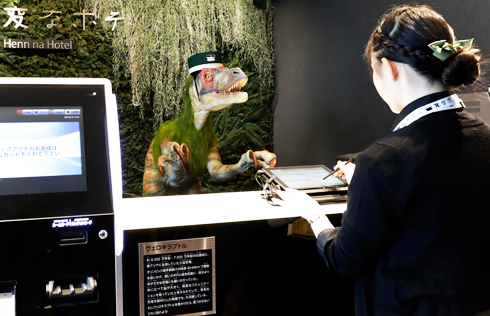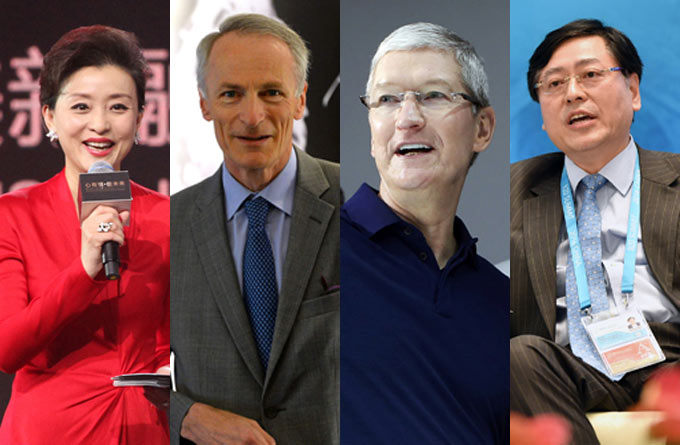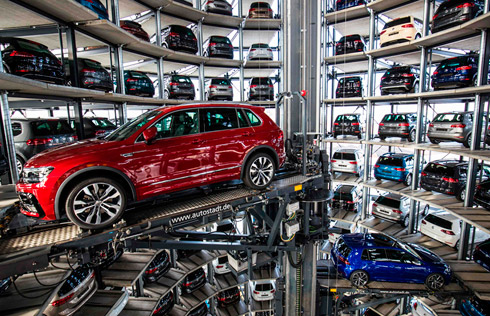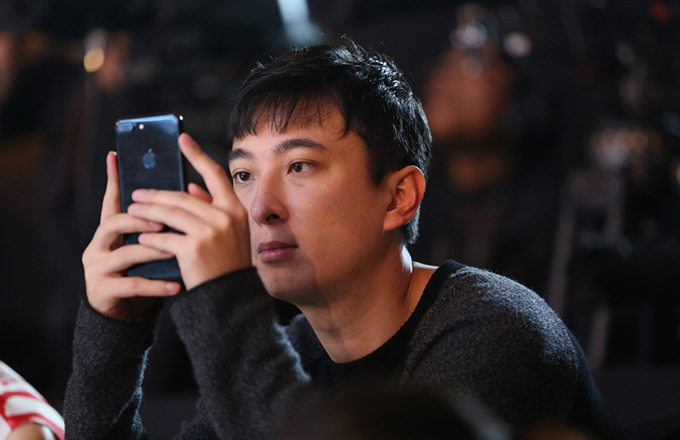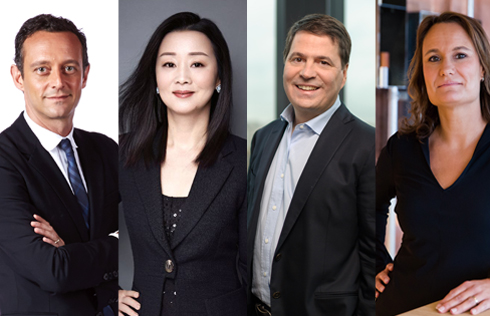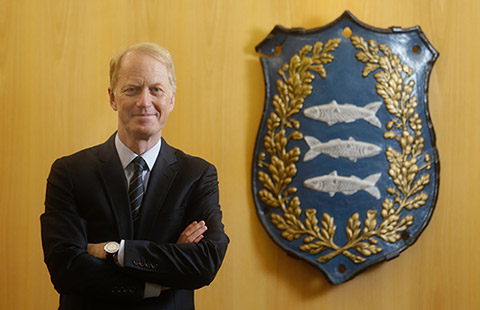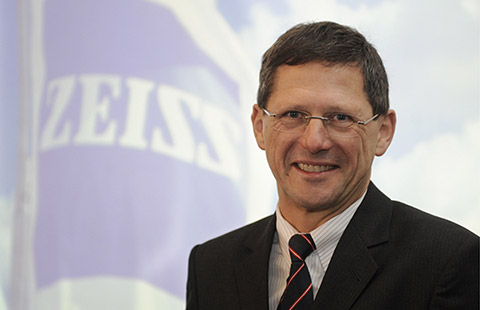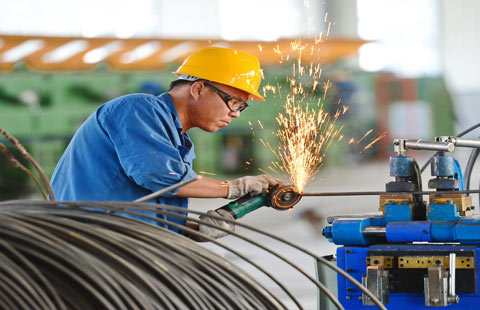Global elites at Davos forum express confidence in free trade
DAVOS - Global elites at the World Economic Forum (WEF) annual meeting this week have expressed confidence in free trade, saying it is a global consensus that is conducive to the prosperity of all parties.
With a slowdown in world economic growth and ensuing growing political and social problems, ideologies of anti-globalization and protectionism are gaining ground in some areas of the world, which have affected free trade.
Leaders of governments, international organizations as well as enterprises who attended the forum here have voiced their support for free trade.
British Prime Minister Theresa May gave an impressive speech to illustrate that the Brexit will still make a global Britain.
"The United Kingdom -- a country that has so often been at the forefront of economic and social change -- will step up to a new leadership role as the strongest and most forceful advocate for business, free markets and free trade anywhere in the world," she said.
Christine Lagarde, managing director of the International Monetary Fund (IMF), expressed optimism about the world economic outlook.
The latest IMF report said global growth is estimated at 3.1 percent in 2016, 3.4 percent in 2017 and 3.6 percent in 2018, which is in line with the body's October forecast.
"For the first time in years, economic growth is not being revised down," Lagarde said. However, she said that risks abound and leaders must ensure that trade and tax policies will not lead to a global race to the bottom.
Fatih Birol, executive director of the International Energy Agency, told Xinhua that as energy itself needs global trade, including trade in oil, natural gas, coal and electricity, the trends of energy trade will become more global.
Zhu Min, former IMF deputy managing director, told the forum that China has benefited from globalization and China will continue to support globalization.
It is the duty of every country in the world to support globalization and China will shoulder its responsibility enhancing cooperation with other countries, Zhu said.
David Abney, CEO of global logistics giant UPS, said he was not "over-concerned" about protectionism as he believed in the power of globalization.
Free trade is still the main trend and global e-commerce is a good example, Abney added.
Experts also highlighted the contributions free trade and globalization have made to the global economy.
Huining Henry Cao, director of the Business Research Center of China's Cheung Kong Graduate School of Business, told Xinhua that free trade helps break trade barriers, providing many jobs for developing countries and cheap products for developed countries.
"It's a win-win result in the sense of economics while having formed an international division of labor," Cao said.
However, in developed countries, jobs in labor-intensive sectors have been squeezed, which caused social problems including anti-globalization, Cao said.
"But it should be clarified that this is not the result of globalization and free trade," Cao said. "The slowdown in growth and inequality between the rich and the poor in developed countries are the main causes."
"Governments have better ways to solve these problems, such as providing retraining opportunities for the workforce so that they can adapt to the new generation of production technology," Cao said.





